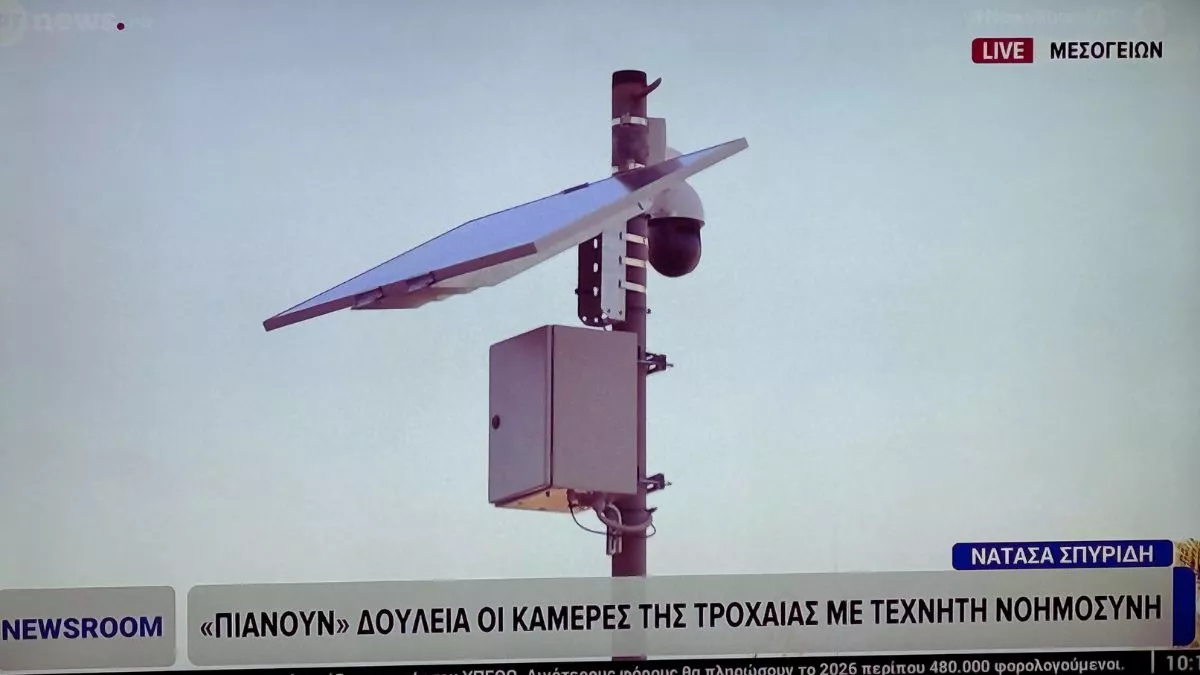In the spring, negotiations will commence with the European Commission for a new tax relief package, which the Ministry of Economy and Finance plans to legislate for the 2025-2026 period. The bargaining with Brussels will be based on the permanent surplus of revenues derived from combating tax evasion, which is expected to create a fiscal margin of around €1.5-1.6 billion. The disclosure of incomes through electronic tracking of tax evasion aims to both expand the tax base and redesign the income and taxation map in the country.
This year, a study may be assigned to a specialized advisory committee to re-examine tax scales and propose changes to tax rates.
The next step, according to sources, will be an open consultation and dialogue with stakeholders and social groups to ensure that the proposed changes have the most beneficial financial impact on households.
Dividend from Tax Evasion
The last major intervention in personal income tax scales occurred in 2019, introducing a low 9% rate instead of 22% for incomes up to €10,000. Additional reliefs followed, including €1,000 for each child. The greatest tax benefits were for self-employed individuals, who saw annual savings of up to €1,300.
A month ago, Prime Minister Kyriakos Mitsotakis hinted at the possibility of a new round of tax breaks, focusing on the middle class. Economic officials anticipate that the measures to combat tax evasion will prove to have a permanent impact, allowing the government to negotiate with Brussels for new, permanent tax reductions.
After decades of distortions, upheavals, and injustices in the country’s tax system, the planned changes will not merely serve as temporary relief but as structural reforms characterized by fiscal responsibility and social justice. They will be presented as a social dividend for the middle class and the most vulnerable groups, funded by revenues generated from tackling tax evasion and economic growth.
Middle Class Defined at €50,000
Reportedly, a revision of the tax scale is inevitable, as rising incomes mean more taxpayers are significantly exceeding the tax-free threshold.
Changes are being considered for incomes between €10,000 and €30,000, to prevent the benefits from being nullified by the upcoming minimum wage increases in April this year and in 2026. However, the benefits will also extend to incomes up to €50,000, in conjunction with the gradual abolition of imputed income criteria and adjustments to taxation for professionals.
A fundamental issue is the sharp increase in the tax rate—13 percentage points (from 9% to 22%)—for those earning over €10,000 annually. This threshold will almost universally be exceeded by employees in both the public and private sectors due to the new minimum wage (€870 x 12 months = €10,440), which is set to increase further to €900 in 2026. This will drive up incomes, tax revenues, and household burdens.
To address this, a lower tax rate than the current 22% is being planned for incomes between €10,000 and €15,000 or €20,000. A 15% rate is likely to serve as the basis for negotiations with Brussels, with the potential to reduce it to 13% if the country’s fiscal data permits.
In this scenario, households would lose €130-150 for every €1,000 increase in earnings above €10,000, instead of €220 under the current system. As a result, benefits for incomes up to €20,000 could amount to €700-900 annually.
This benefit would automatically extend to all taxpayers with middle or higher incomes. Gradual changes and reductions of up to 2 or 3 percentage points are also being considered for higher incomes of €30,000 or €40,000, enabling annual benefits of €1,500 or more for incomes of up to €50,000.
The timeline for implementation will be announced in September at the Thessaloniki International Fair (TIF), based on fiscal data available by July or August. However, the changes could begin to be felt in reduced payroll tax deductions before the end of 2025.
Ask me anything
Explore related questions





